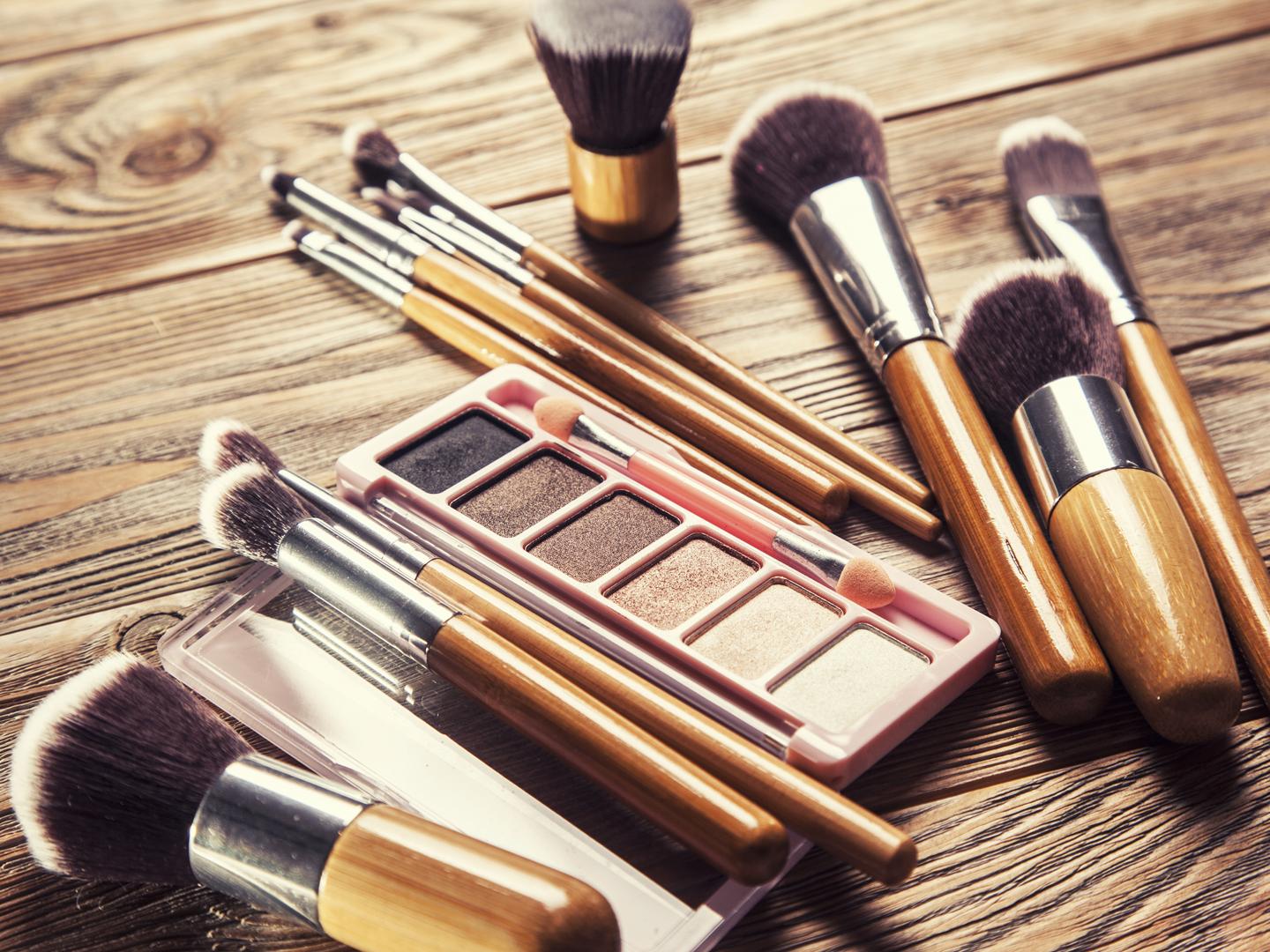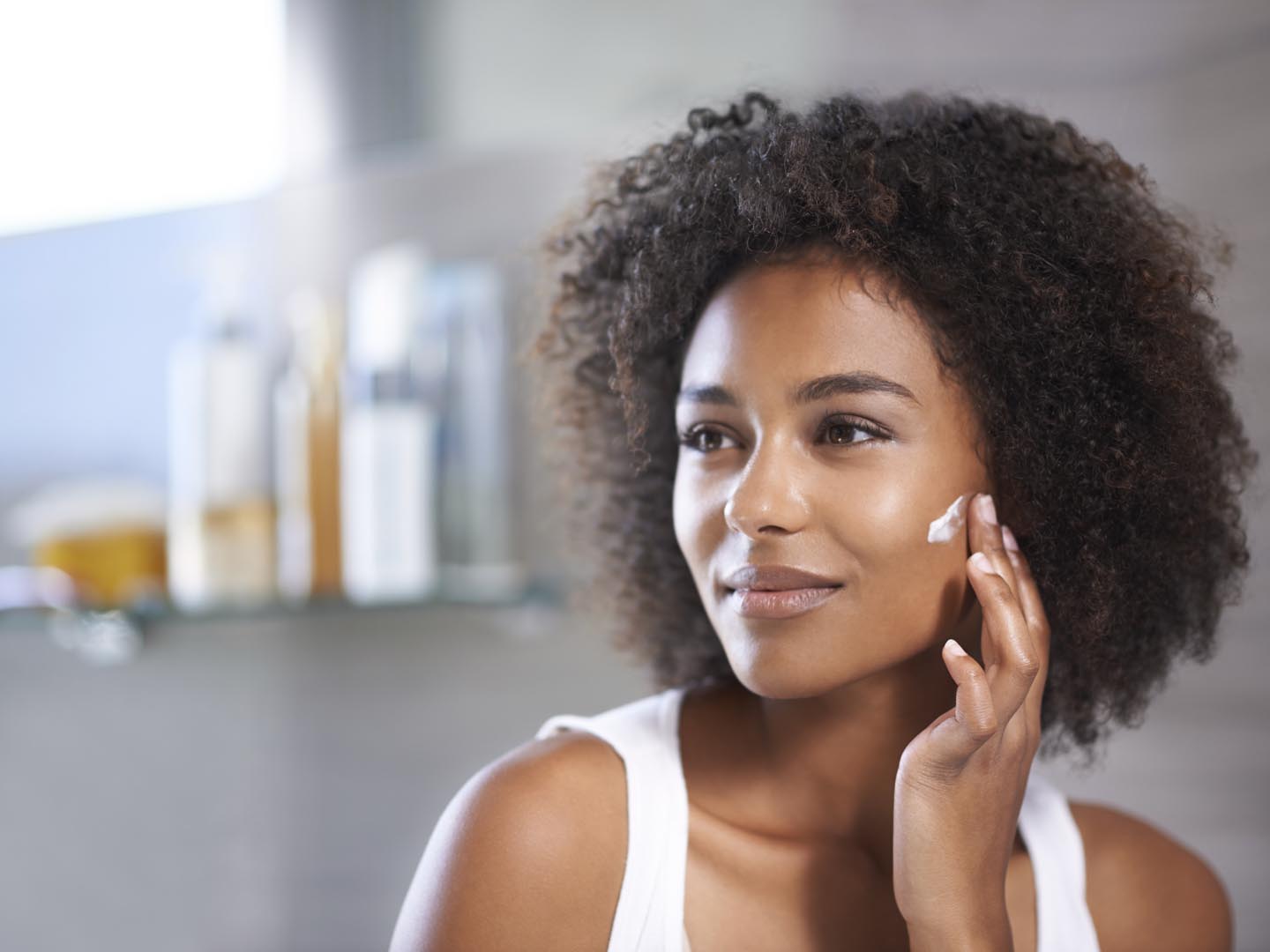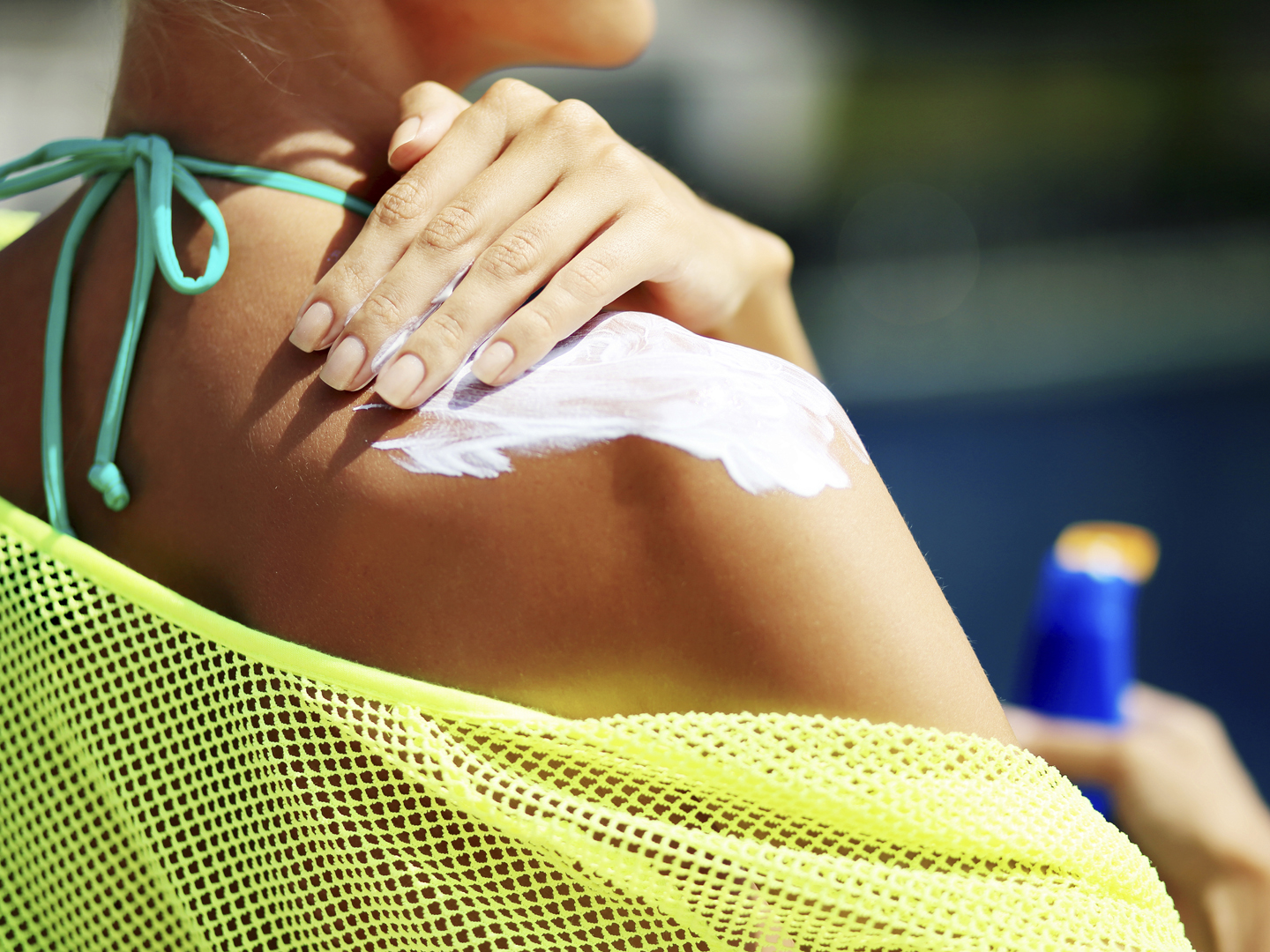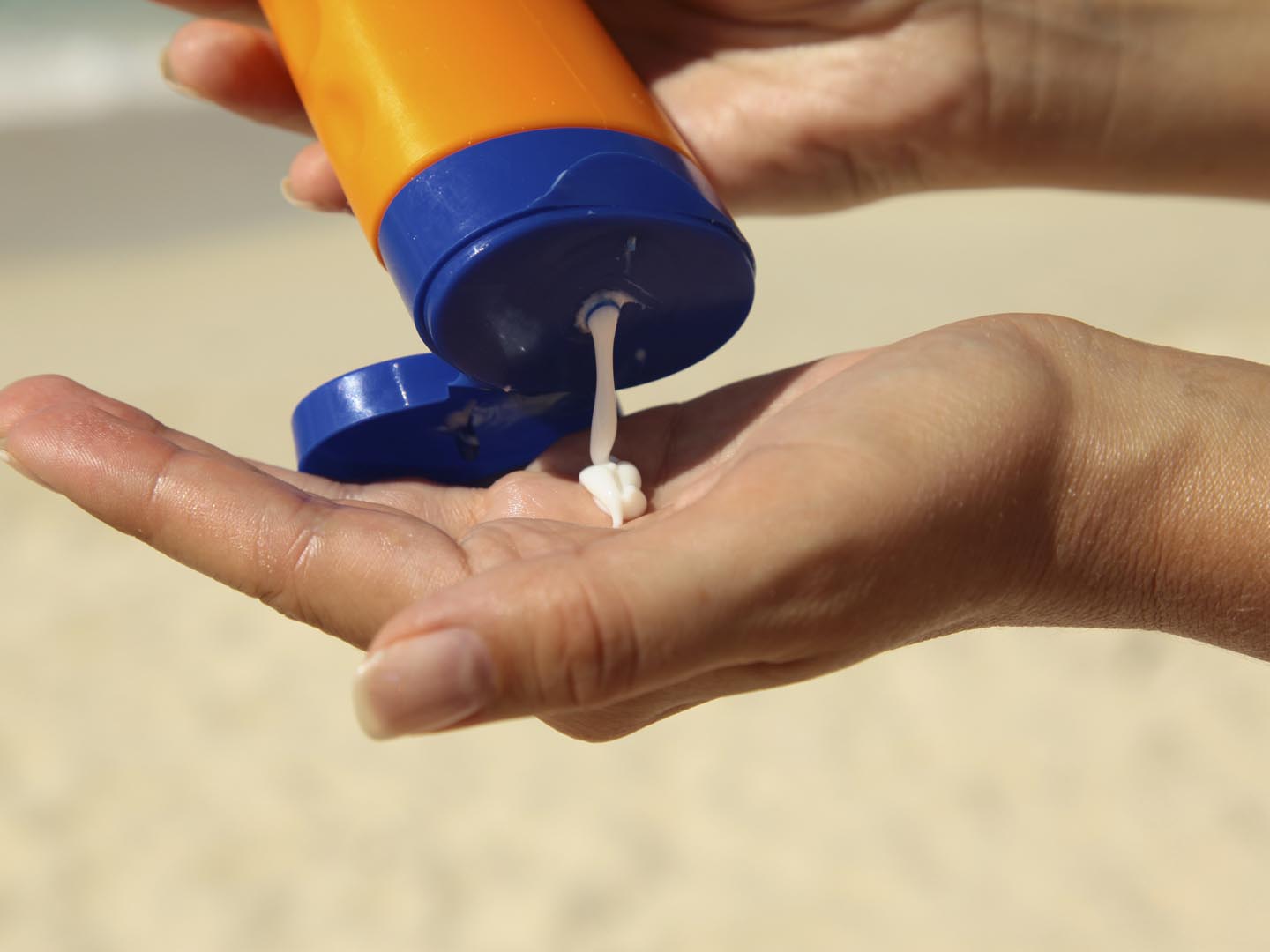Cosmetics Concern?
I was alarmed to hear that some cosmetics and shampoos contain hormone-disrupting chemicals. What threat do these chemicals present? What can I say to convince my teenage daughters to avoid the products?
Andrew Weil, M.D. | July 5, 2016

You’re likely referring to results of a study from the University of California, Berkeley showing that discontinuing certain cosmetics, shampoos and soaps for only 3 days led to a significant drop in levels of potentially hormone-disrupting chemicals in the young girls participating.
The teens – 100 Latina girls between ages 14 and 18 – agreed to give up their usual cosmetics, shampoos and soaps for 3 days. Instead, the researchers gave them products labeled free of phthalates, parabens, triclosan and oxybenzone – chemicals widely used in a variety of personal care products. Animal studies have shown that these compounds can interfere with the endocrine system and have been linked to neurobehavioral problems, obesity and cancer cell growth. In addition to cosmetics, soaps and shampoos, the chemicals are in some fragrances, hair care products and sunscreens.
The Berkeley researchers reported that urine samples analyzed before and after the three-day product switch revealed significant changes in blood levels of the chemicals at issue. Metabolites of diethyl phthalate dropped 27 percent over the 3 days, while methyl and propyl parabens (preservatives in cosmetics) dropped 44 and 45 percent respectively. Both triclosan, found in antibacterial soaps and some brands of toothpaste, and benzophenone-3 (BP-3), found in some sunscreens under the name oxybenzone, fell 36 percent. Study leader Kim Harley noted that prior research suggests that teenage girls use more personal products daily than the average adult woman. Exposure to hormone-disruptive chemicals is particularly disturbing during adolescence when girls’ bodies are undergoing rapid reproductive development.
Unfortunately, the safety of these chemicals for human health and the environment doesn’t have to be demonstrated before the products containing them reach the market. The FDA doesn’t regulate the industry that way. However, legislation introduced in Congress by Senators Dianne Feinstein (D-Calif.) and Susan Collins (R-Maine) could change that. Their bill, the “Feinstein-Collins Personal Care Products Safety Act” would require the FDA to investigate the safety of cosmetics ingredients and contaminants and would give the agency authority to recall dangerous products. Sens. Feinstein and Collins have enlisted the support of some powerful manufacturers including Revlon, Proctor & Gamble, Johnson & Johnson, L’Oréal and the Personal Care Products Council, an industry trade organization. You can support that effort by contacting your senator.
And you can find out about cosmetics that are free of hormone disrupting chemicals via the Environmental Working Group.
Andrew Weil, M.D.
Source:
Kim G. Harley et al, “Reducing Phthalate, Paraben, and Phenol Exposure from Personal Care Products in Adolescent Girls: Findings from the HERMOSA Intervention study.” Environmental Health Perspectives, DOI: 10.1289/ehp.1510514









